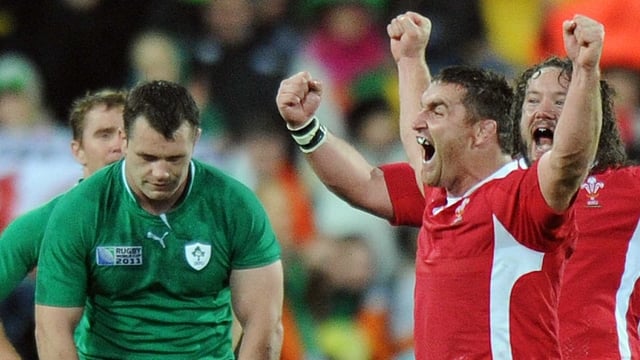The modern-day world may be one of interconnectivity, of social media and of instant communication, but the 2011 Presidential election has shown that old-style television is still king.
Our case study today is Sean Gallagher, the man who nearly was. His performance, finishing second in this election, is remarkable in and of itself. While not necessarily independent, he lacked a party machine for canvassing etc. He had no posters (at least not on lamp posts) and still was able to get his name out there, thanks primarily to his involvement in the likes of Dragons Den. He entered the race as a personality, and people warmed to the familiar face. For a while, at least.
As much as television gave Gallagher a boost, it also took him down. Monday’s dramatic television debate saw his debate unravel before the nation. He panicked, froze and showed the people that he is not Presidential, not according to the people of Ireland who left him in droves. 28% of the electorate changedtheir first preference this week, and of those 58% deserted Sean Gallagher. That is 16.2% of those who voted –he lost out by 11.1%.
Twitter, in particular, is a fantastic way to experience news events, elections chief among them. Those who followed #aras11 took part in critical discussion, humorous conversation and shared links to some of the most informative (and sometimes ridiculous) columns. Voters engaged with candidates and their teams in a way that happens on the ground, but not in such an obvious or easy fashion.
However, while twitter is the internet’s brightest point, the reality is it does not have the mass reach of other media. As of 5:30 on count day, 3800 people had tweeted using the #aras11 hashtag, taking part in this national conversation. But on Monday night, 900,000 watched the campaign’s most infamous moment in the Frontline studio. That’s half the amount of total voters.
There are few bigger advocates of twitter than myself, and this is not intended to take anything away from the medium. However, despite the modern world in which we live, television has again shown it’s hold and power in Ireland. More than anything else, it can capture, retain and influence the general public. Ireland is now multi-cultural, modern and the internet is at the fore of our future, but our people remain entrapped by the old reliable television. This may be 2011, but the story of this Presidential election is an old-style tale.
In one foul swoop a dragon was slayed and a President crowned, while we all tuned in.




